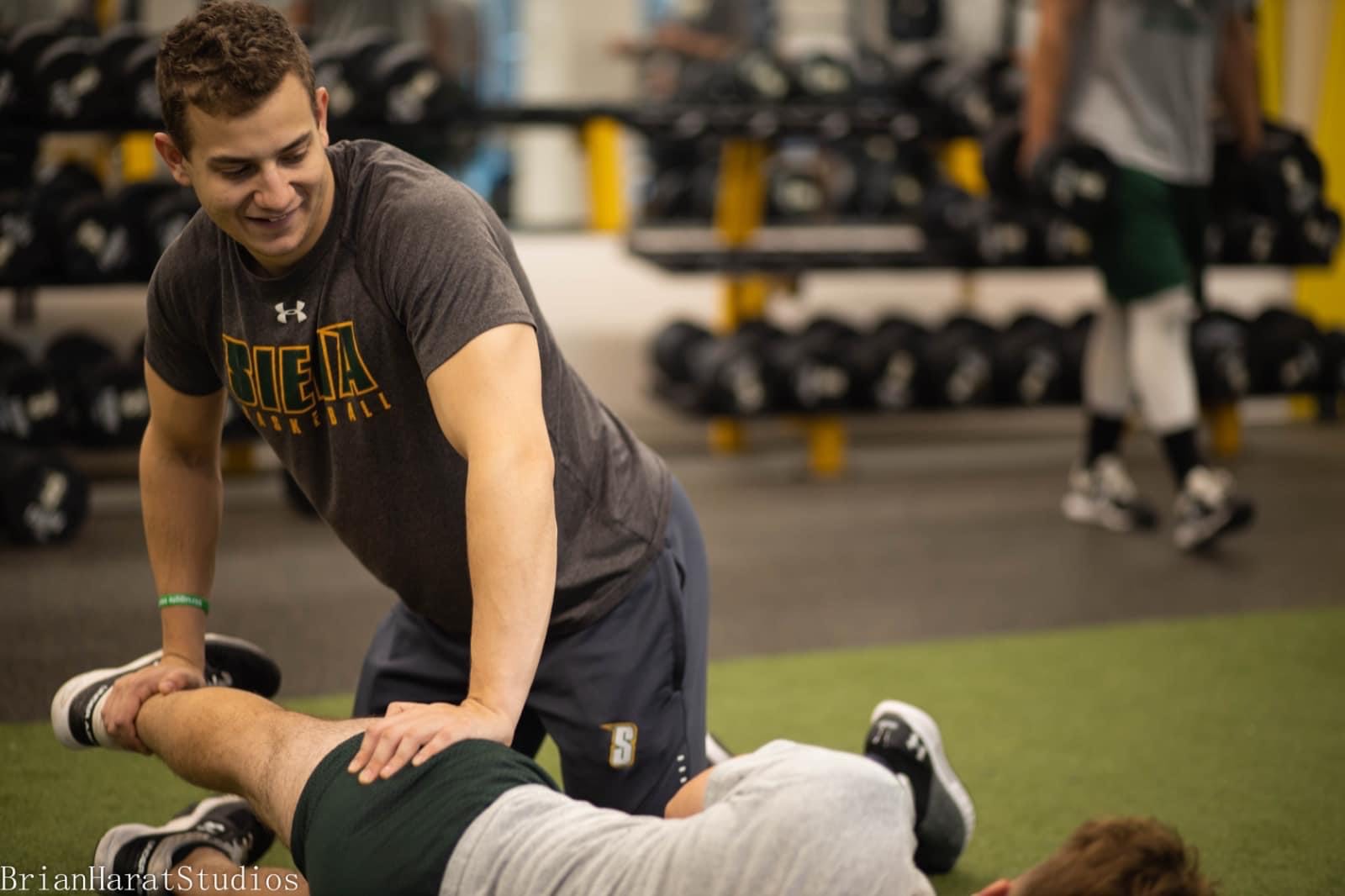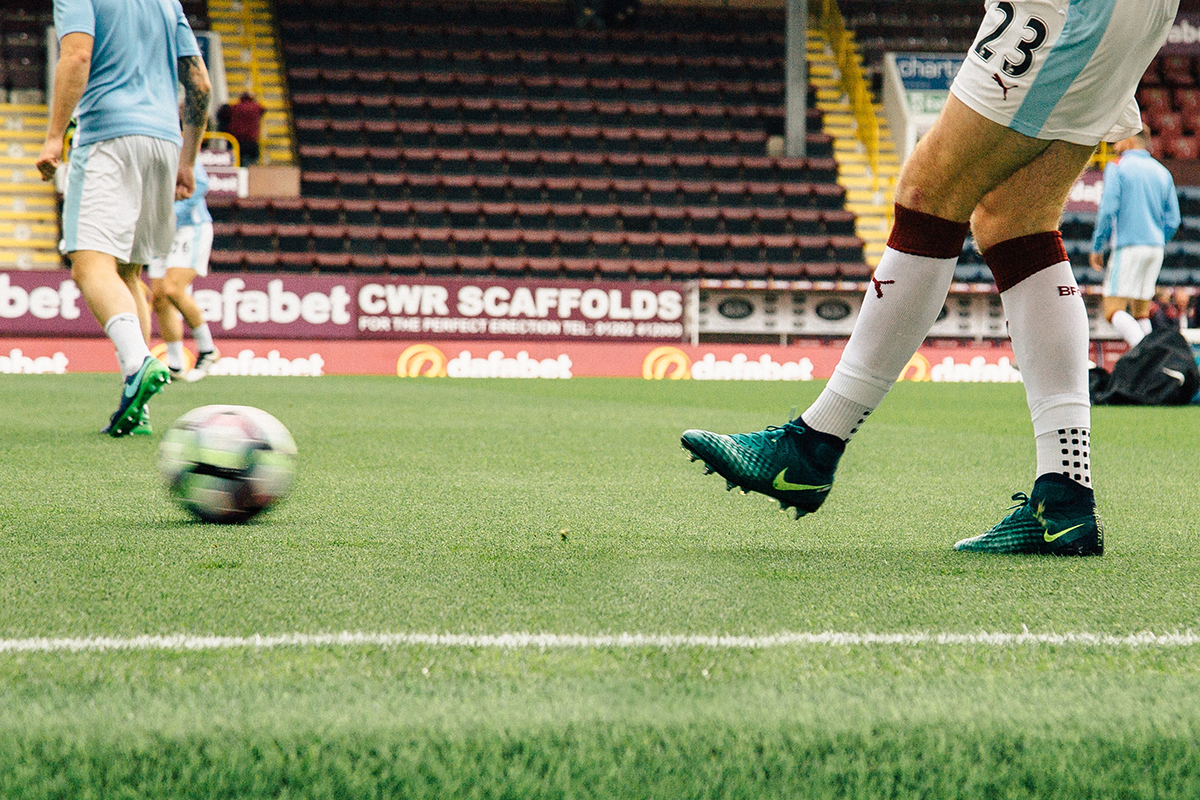Succeeding in practice with OCD and BDD
by Sarah Farris, LCPC
Participating in daily activities can be challenging for those living with OCD or BDD. Unwanted intrusive thoughts, compulsive urges, and avoidance are common experiences individuals living with these conditions often battle. OCD and BDD can inhibit the things one cares about the most.
 For athletes, this can mean that they experience distress when playing their sport or may perform rituals in and outside of practice and competition to reduce anxiety. Athletes may worry about how their peers perceive them or may fear making mistakes. Regardless of the theme of OCD or BDD, these conditions can pull an athlete’s attention away from their sport and more towards their worst fears.
For athletes, this can mean that they experience distress when playing their sport or may perform rituals in and outside of practice and competition to reduce anxiety. Athletes may worry about how their peers perceive them or may fear making mistakes. Regardless of the theme of OCD or BDD, these conditions can pull an athlete’s attention away from their sport and more towards their worst fears.
Athletes may benefit from building skills that help them remain engaged in sport rather than miss out. The following tips can help athletes respond to anxiety symptoms before, during, and after practice.
Before practice
- If needed, work with a specialist that can help create an exposure and response prevention plan.
- Develop a plan to reduce, delay, or limit any rituals that interfere with arriving on time.
- Use an alarm or set reminders to leave with enough time.
- Imagine yourself succeeding in practice, but not being perfect.
- Ask a supportive person (friend, teammate, coach) to help with accountability. This may include asking them to not provide reassurance when anxiety takes over.
- Set a few specific performance goals to work on for the practice.
- Use techniques that you may learn in therapy to help with uncertainty or distress tolerance.
- Know what is scheduled after practice (e.g., homework, sleep, social event, down time).
During practice
- Commit to a plan that reduces, delays, or limits any rituals that interfere with sustaining involvement in practice.
- Use a focus strategy that cues techniques in order to remain engaged in training.
- Consider attention training methods to adjust quickly after mistakes or increases in anxiety.
- Limit increasing repetitions beyond what is prescribed in a training session.
- Practice accepting accountability, rather than self-ridicule.
After practice
- Commit to a plan that limits any mental rumination rituals about how practice went.
- Practice accepting any circumstances that occurred during practice.
- Write down any successes that occurred in practice.
- Write down any successes with limiting compulsions.
- Write down a new goal for the next practice.
- Select at least one recovery strategy for the day.
- Turn attention towards the next moment and allow your focus to remain in the present.
- Practice self-compassion. Progress is not typically a linear path. Mastering a skill and managing anxiety takes time and it won’t always be perfect.



